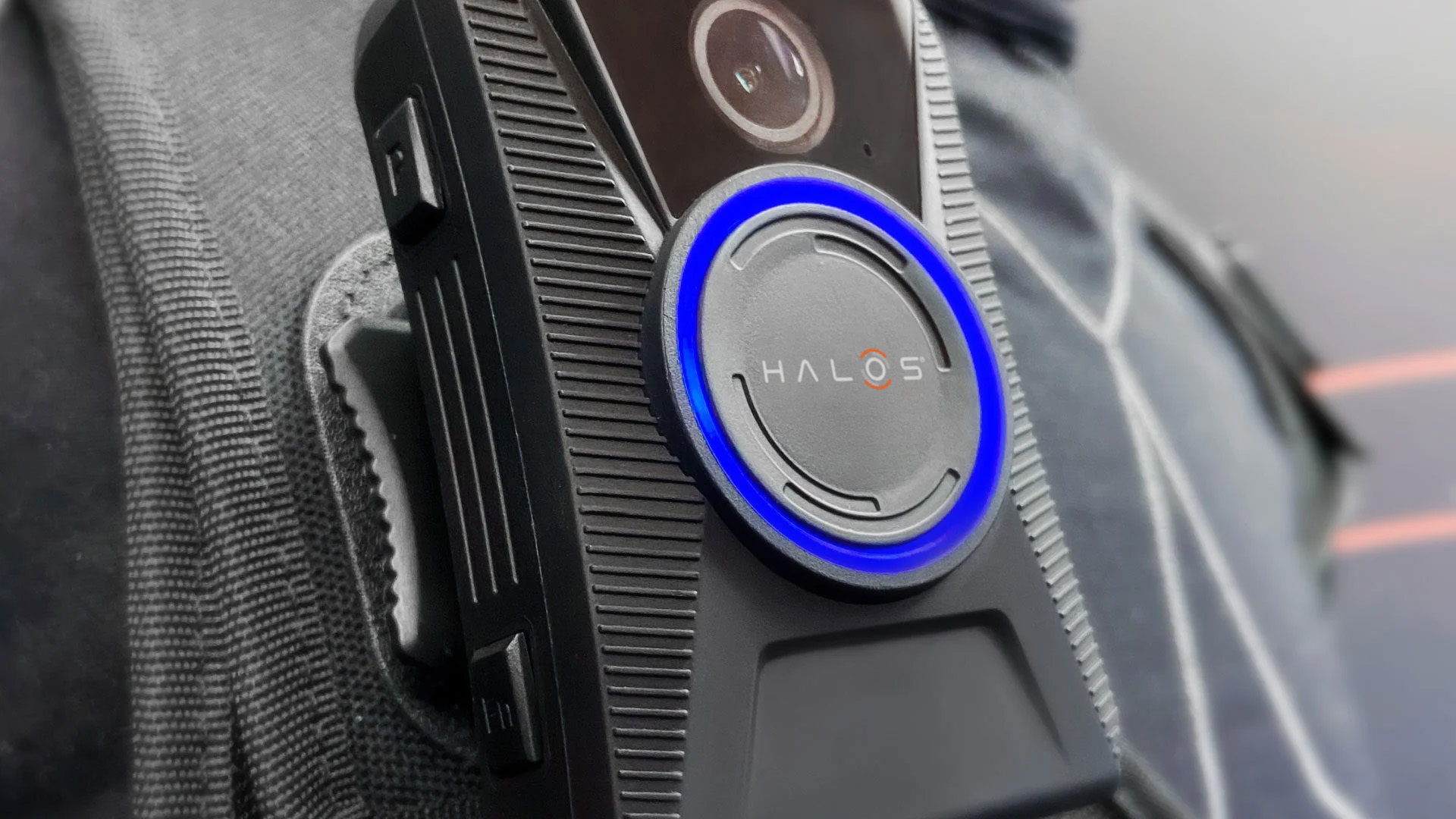In the era of digital transformation, the deployment of body-worn cameras (BWCs) presents significant opportunities for enhancing security, transparency, and operational efficiency across various industries. However, alongside these benefits come critical considerations regarding data privacy and compliance with stringent regulatory frameworks like the UK GDPR and US data protection laws. As organisations integrate BWCs into their operations, ensuring robust data management practices is essential to safeguard individual privacy rights and uphold legal obligations.
Understanding Data Privacy Regulations
UK GDPR (General Data Protection Regulation)
The UK GDPR establishes clear guidelines for the lawful processing and protection of personal data. Key principles include:- Transparency and Fairness: Organisations must process personal data transparently and fairly, ensuring individuals understand how their data will be used.
- Purpose Limitation: Data should only be collected for specified, explicit, and legitimate purposes.
- Data Minimisation: Organisations should only collect and retain necessary data for the intended purpose.
- Security Measures: Adequate security measures must be in place to protect personal data from unauthorised access and breaches.
US Data Protection Laws
In the United States, federal and state-specific data protection laws, such as the CCPA and sector-specific regulations like HIPAA, emphasise similar principles of data protection, focusing on transparency, consumer rights, and data security.
Thought Leadership on Secure Data Management
In today's interconnected world, organisations leveraging BWCs must adopt a proactive stance on data privacy and security.
Here are key strategies for maintaining compliance and fostering trust:
Proactive Compliance Strategies
- Data Encryption and Secure Storage: Implement robust encryption protocols to protect data both in transit and at rest, ensuring sensitive information remains confidential and secure.
- Transparent data practices: Prioritise clear and concise communication with stakeholders about data collection, processing purposes, and individual rights. Transparent practices build trust and facilitate compliance with regulatory requirements.
- Ethical Data Use: Uphold ethical standards in data handling by adhering to principles of fairness, accountability, and respect for individual privacy. Organisations should minimise data collection, retain data only as necessary, and obtain consent where applicable.
Continuous Monitoring and Adaptation
Regular Audits and Assessments: Conduct periodic audits and assessments to evaluate data protection measures and ensure alignment with evolving regulatory standards. Regular monitoring helps identify and address potential vulnerabilities proactively.
Employee Training and Awareness: Equip employees with comprehensive training on data privacy principles and best practices. Empowered employees play a crucial role in maintaining data security and compliance within the organisation.
As organisations navigate the complexities of integrating Body Cams into their operations, prioritising data privacy and compliance is non-negotiable. By embracing a proactive approach to secure data management and adhering to global regulatory frameworks, organisations can harness the transformative potential of BWCs while safeguarding individual privacy rights and maintaining trust with stakeholders.
In an age defined by technological innovation and heightened data sensitivity, HALOS remains committed to advancing secure data management practices and thought leadership in the realm of body-worn cameras. For more insights on navigating data privacy challenges and leveraging BWCs responsibly, explore our resources or connect with us to learn how HALOS can support your organisation’s journey towards compliance and ethical data use.
.webp)


